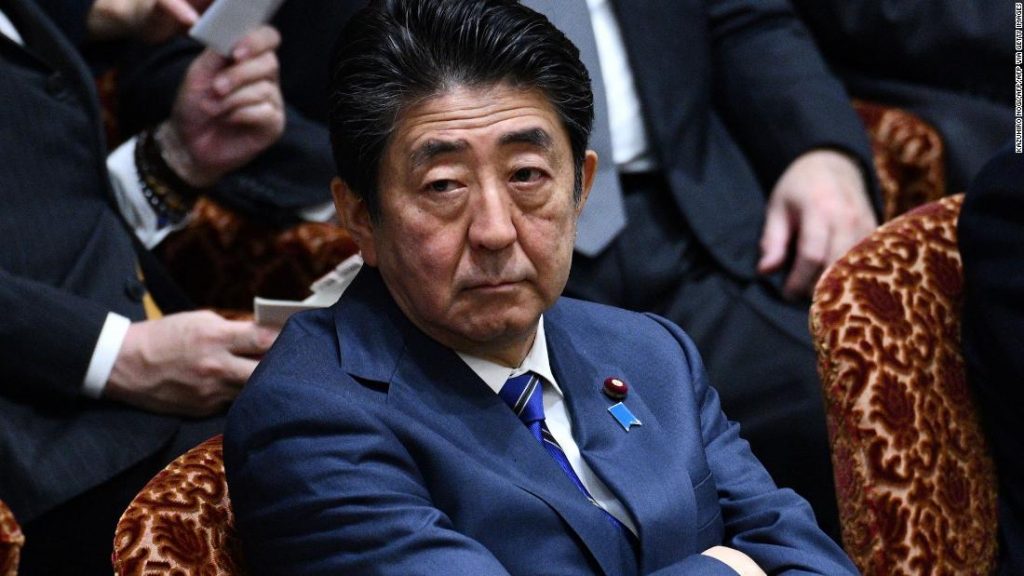Tokyo: Japan’s longest-serving Prime Minister, Shinzo Abe has decided to resign because of declining health, according to his political party. Japan is known as a country known for its short-tenured prime ministers. It was Shinzo Abe who changed the idea. His departure marks the end of an unusual era of stability. During his tenure the Japanese leader struck up strong ties with President Donald Trump. However, Abe’s ultra-nationalism riled the Koreas and China.
Major failures
Abe pulled Japan out of recession only to find the economy once more battered anew by the coronavirus pandemic. The Japanese PM however, failed to achieve his cherished goal to formally rewrite the US-drafted pacifist constitution because of poor public support.
Political blue blood
Abe is a political blue blood who was groomed to follow in the footsteps of his grandfather, former Prime Minister Nobusuke Kishi. His political rhetoric often focused on making Japan a ‘normal’ and ‘beautiful’. He also wanted a nation with a stronger military and bigger role in international affairs.
Abe’s health issues
Hiroshige Seko is a party secretary general for the Upper House of the parliament. He confirmed that Abe told party executives he is resigning as prime minister. Seko said Abe said he decided to resign in order not to cause trouble. Later in the day Friday, the Japanese prime minister will address the media.
Concerns about Abe’s chronic health issues have been simmering since earlier this summer. It intensified this month when he visited a Tokyo hospital two weeks in a row for unspecified health checkups.
Abe’s term ends in September 2021. He is expected to stay on until a party leader is elected and formally approved by the parliament.
Abe became Japan’s youngest prime minister in 2006, at the age of 52. However, his overly nationalistic first stint abruptly ended in disappointment a year later because of his health.
Return to power
In December 2012, Abe returned to power, prioritising economic measures over his nationalist agenda. He won six national elections and built a rock-solid grip on power. Abe then bolstered Japan’s defense role and capability and its security alliance with the US. He also stepped up patriotic education at schools and raised Japan’s international profile.
Abe became Monday Japan’s longest serving prime minister by consecutive days in office. He eclipsed the record of Eisaku Sato, his great-uncle, who served 2,798 days from 1964 to 1972.
Stomach disorder
Abe has acknowledged having ulcerative colitis since he was a teenager. He has said the condition was controlled with treatment. He has not made clear if that condition is related to his recent health issues or hospital visits.
Ulcerative colitis causes inflammation and sometimes polyps in the bowels. People with the condition can have a normal life expectancy but serious cases can involve life-threatening complications.
Likely successors
There are a slew of politicians eager to replace Abe.
Among them is Shigeru Ishiba, a 63-year-old hawkish former defence minister. He is a favourite in media surveys, though he is less popular within the ruling party. Former foreign minister, Fumio Kishida, Defence Minister Taro Kono, Chief Cabinet Secretary Yoshihide Suga, and Economic Revitalisation Minister Yasutoshi Nishimura are others who are in fray.
